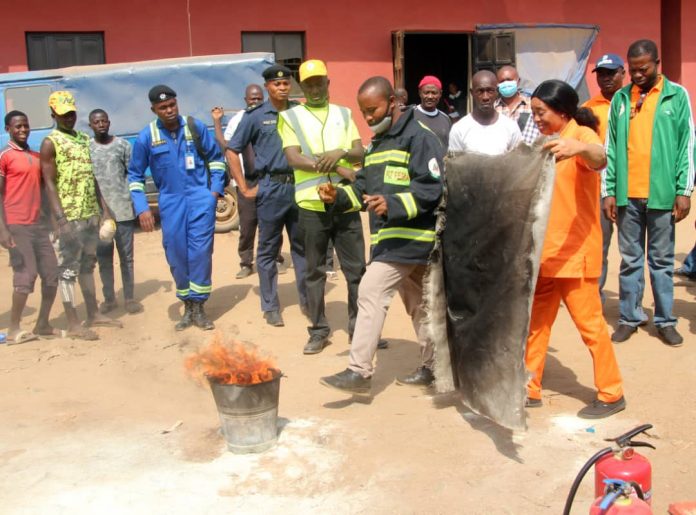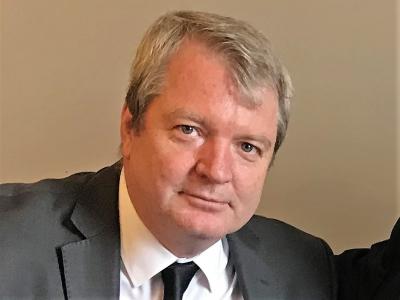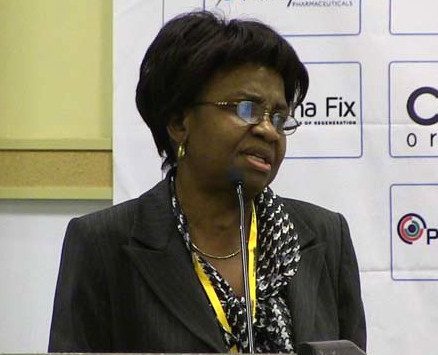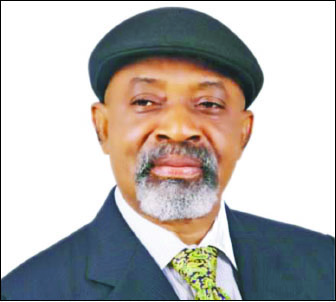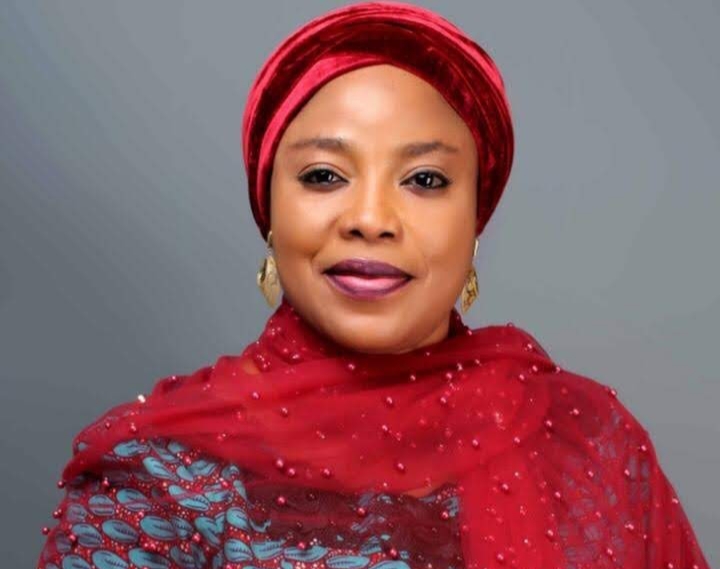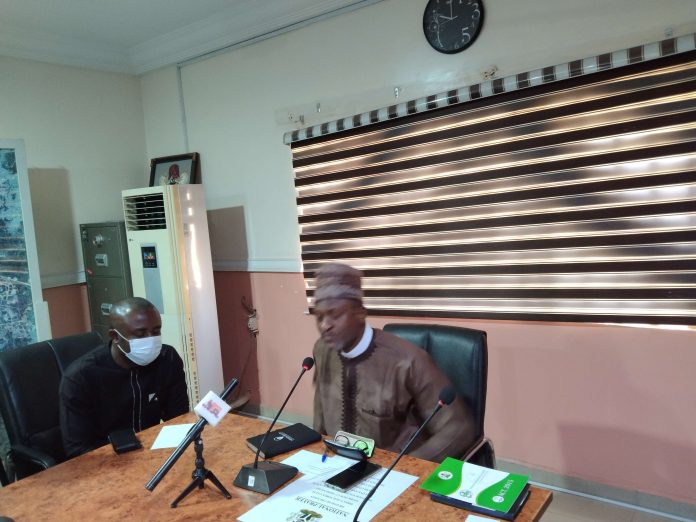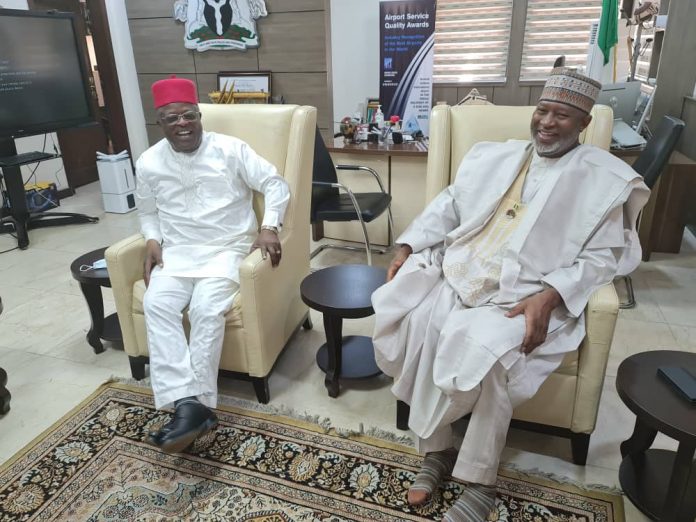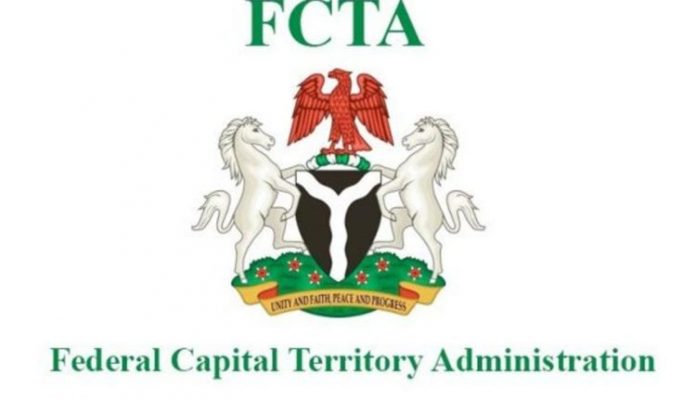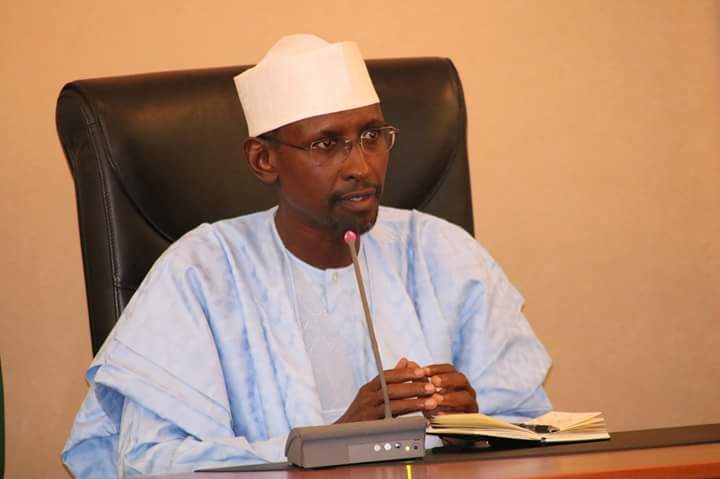The Federal Capital Territory Emergency Management Agency (FEMA) has taken it’s fight against market fires to the Kugbo Furniture Market located along the Abuja Keffi road.
Declaring open the joint assessment, inspection and sensitization programme at the market, the Director General of FEMA, Alhaji Abbas Idriss said the essnccess was to unravel the causes of the yearly fire incidents at the market and proffer solutions.
The Director General who was represent by the Acting Director, Forecasting Response and Mitigation, Mrs Florence Wenegieme, decried the absence of fire hydrant and inadequate fire fighting equipment at the market.
The DG in a statement made available to newsmen in Abuja by Nkechi Isa
Head, Head of Public Relation also hinted that the programme would also inspect sources of power supply to the market and electrical connections .
The FEMA boss, however, appealed to traders in the market to cooperate with the Agency and also equip the market with fire defense gadgets .
Speaking also at the event, the Area Commander, FCT Fire Service, Mr. Gringory Eze traced the yearly fire incidents to power surge, ” a single transformer cannot serve this market as they use heavy equipment with high voltage ” He said.
He also condemned wiring within the market, noting that it was capable of igniting a spark.
On his part. the Chairman Kugbo Building Materials Association, Mr Iheanacho Afamefuna stated that the market was usually gutted by fire every January, noting that this year’s incident was quickly contained before it escalated.
Afamefuna said that the market management had reached out to FEMA last year for sensitization on tackling fires at the market.
Blaming fire outbreaks in the market on electric spark, Afamefuna appealed to the FCDA to provide adequate infrastructure at the market,” we have fire extinguishers, but we need water tanker, road, we need government presence in the market like yesterday “. He said.
Representatives of the Federal Fire Service and the National Emergency Management Agency attended the programme.
Highlight of the event was a fire drill to sensitize traders on how to use fire defense equipment.

